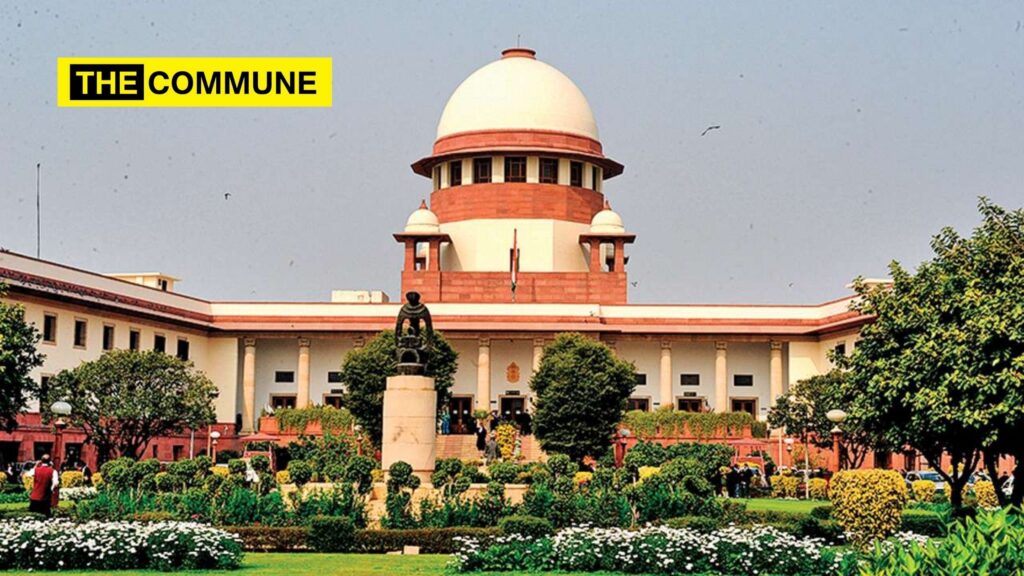While hearing a slew of petitions challenging the constitutional validity of the 103rd amendment to the Constitution, the Supreme Court on Monday ruled that reservation on economic grounds does not violate the essential features of the Indian Constitution.
The 103rd amendment to the constitution provided for a 10% reservation for Economically Weaker Sections (EWS) in admission to educational institutions and government jobs.
The judgement was delivered by a five-judge Supreme Court bench led by Chief Justice UU Lalit. While Justices Dinesh Maheshwari, Bela M Trivedi, and JB Pardiwala ruled in favor of the EWS quota, Chief Justice UU Lalit and Justice S Ravindra Bhat dissented. “EWS reservation does not violate the equality code or violate essential features of the constitution and breach of 50% does not violate basic structure as the ceiling limit is here only for 16(4) and (5). Reservation on an economic basis does not violate the basic structure or Constitution of India.” Justice Dinesh Maheshwari said in reading out the order.
While agreeing with Justice Maheshwari, Justice Bela M Trivedi stated, “The quota must be treated as affirmative action by the Parliament.” There is no violation of Article 14 or the basic structure of the constitution. The EWS quota does not affect the rights of reserved classes by exempting them from its purview. The reservation was brought in to address inequalities created by the caste system. After 75 years, we need to revisit policy to live up to the philosophy of transformative constitutionalism.”
Justice JB Pardiwala, who was in favor of upholding the EWS quota, said, “The reservation is not an end, but means to secure social and economic justice. It must not be allowed to become a vested interest. The reservation should not continue for an indefinite period of time so as to become vested interested.”
While dissenting from the aforementioned judges’ judgement, Justice Bhat stated, “Amendment practices constitutionally prohibited discrimination and strikes at the heart of the quality code.” Allowing a breach of the 50% reservation cap can lead to further infractions, which can result in compartmentalization.”
Chief Justice Lalit agreed with Justice Bhat’s point of view, resulting in a 3-2 judgement.
This has been a setback for Tamil Nadu parties such as the DMK, CPI, VCK, PMK, MDMK, and the Makkal Needhi Maiam, who filed a counter-affidavit in the Supreme Court seeking an order against the 10% EWS quota.
(with inputs from Indian Express)
Click here to subscribe to The Commune on Telegram and get the best stories of the day delivered to you personally.

